A crackling sound in ears is a sound which features with a pop in the ear during swallowing or yawning. It can be rather annoying especially if it recurs and becomes frequent. This particular sound effect develops as a consequence of imbalance of the pressure inside the ear and the atmospheric pressure. Proper balance between two pressures is obtained by adequate functioning of the Eustachian tube.
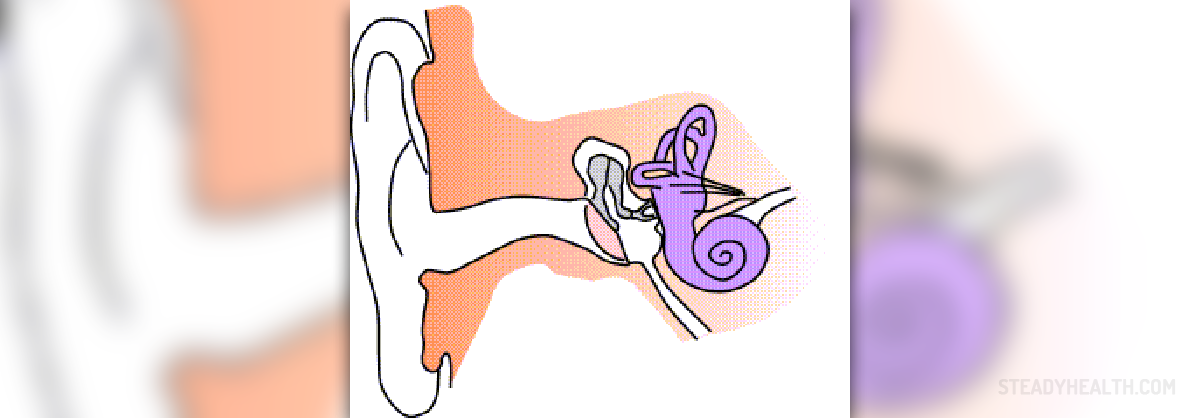
- Eustachian Tube Dysfunction. The Eustachian tubes are narrow passages that connect the middle ear to the throat. Their job is to drain fluid to keep it from building up in the middle ear and to equalize pressure between the middle ear and the environment. The Eustachian tubes mostly stay closed, opening only when a person swallows or yawns. Eustachian tube dysfunction describes tubes that are blocked or don’t function properly. Eustachian tube dysfunction is fairly common, affecting about 4% of adults worldwide. Common causes for blocked Eustachian tubes include seasonal allergies, sinus infections and the common cold.
- Impacted Earwax. Earwax, also known as cerumen, is produced by the ear canal to protect the ears from debris and bacteria. Most of the time, earwax works its way out of the ears during natural jaw movements when talking and chewing. However, it can become impacted if it becomes blocked by a cotton swab, earplug or ear bud.
- Meniere’s Disease. Meniere’s disease is a complex inner ear disorder that causes episodes of dizziness, hearing loss, fullness in the ear and tinnitus, which is the perception of noise like ringing or clicking with no external sound source. Meniere’s disease can affect anyone, though usually affects people between ages 20 and 50.
- Temporomandibular Joint/Muscle Disorders. Temporomandibular joint (TMJ) and muscle disorders affect more than 10 million people in the U.S. They involve pain and trouble with the jaw joint, including stiffness, limited mobility, headaches and crackling sounds in the ears.
Why Does Crackling Sound in Ears Occur?
The ear is definitely one of the most important organs in the body. It has two major roles. The ear is an organ necessary for reception of sounds from the surrounding and it is also engaged in balancing of the ear pressure. A clicking sound in ear results as a consequence of alterations in the pressure in the ear and its inadequate adaption.
The Eustachian tube is a part of the middle ear and it connects the pharynx and the middle ear. This organ is in charge with equalizing the ear pressure with the atmospheric pressure. In case of any difference between these two pressures the Eustachian tube opens and corrects the difference. The alterations in pressure generally occur when a person is traveling by plane, climbing high altitudes or is engaged in scuba diving. Furthermore, the pressure alterations can be associated with extremely high decibel levels.
Apart from experiencing crackling sound in ear during the previously mentioned if the problem occurs under normal circumstances it may be alarming. Frequent crackling in ears points to malfunctioning of the Eustachian tube. The tube can be clogged and unable to perform its role properly. So the pressure inside the middle ear increases and it is released with a snap most commonly while a person eats (chews), swallows or yawns. The build-up of the pressure inside the middle ear may also lead to the stiffness of the tympanic membrane and consequent perceiving muffled sounds. There is one more cause of crackling sound in ear may be excessive accumulation of ear wax inside the outer ear canal.
How to Deal with Crackling Sound in Ears?
The problem can be successfully prevented if one maintains proper hygiene of the ear canal and eliminates the excess of ear wax. Crackling sound in ears when yawning helps in release of the build-up pressure and it is generally not considered pathological. It is a normal way to get rid of too much pressure.
If the problem persists and particularly if a person experienced additional symptoms such as hearing loss or even pain in the era he/ she must consult a doctor. The doctor will perform otorhinolaryngological examination and additional tests and identify the underlying cause. With proper treatment crackling sound in ears can be successfully dealt with.


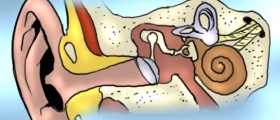

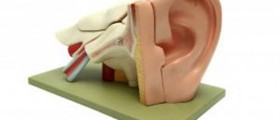
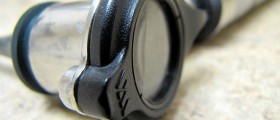



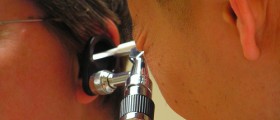


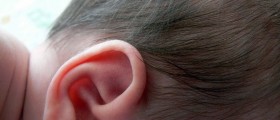
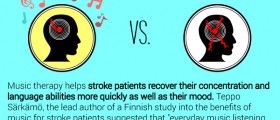
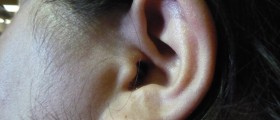
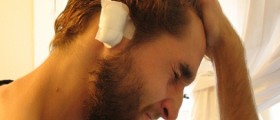

Your thoughts on this
Loading...